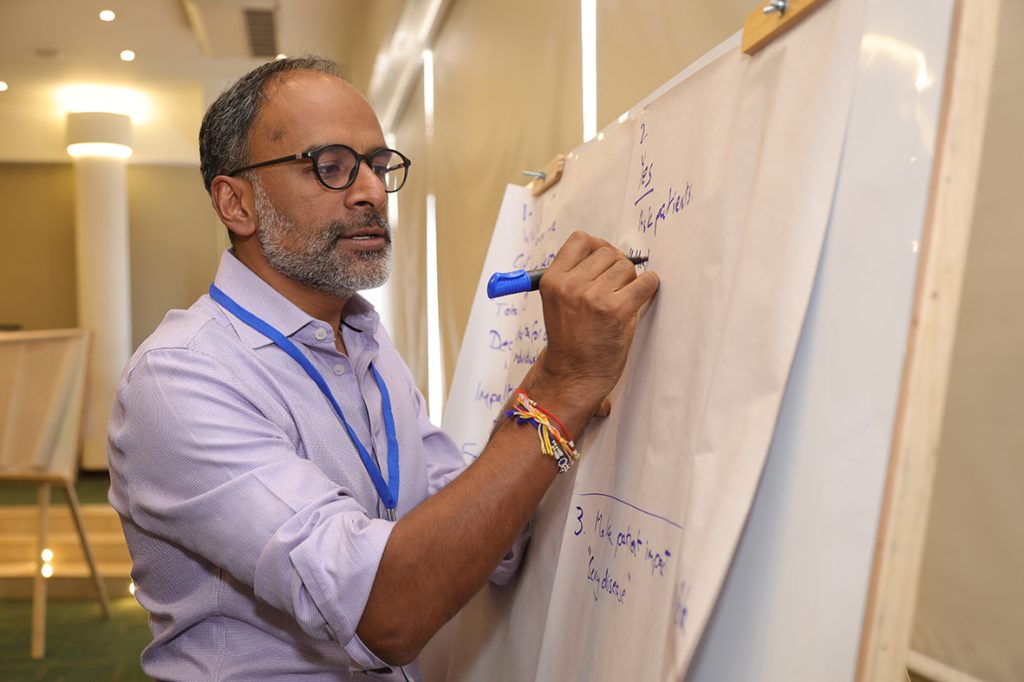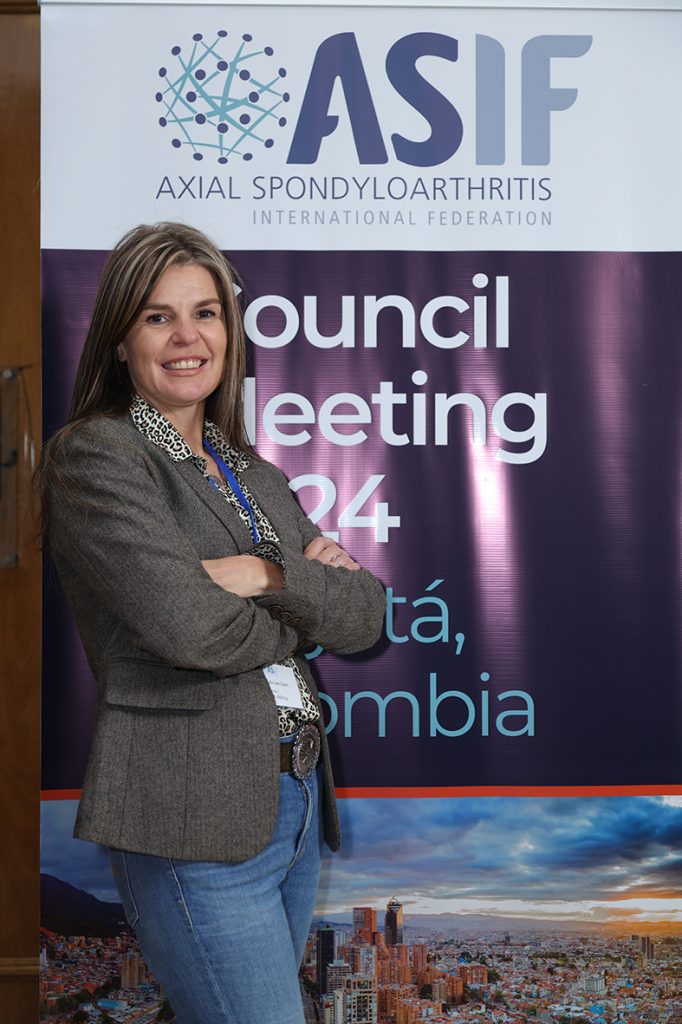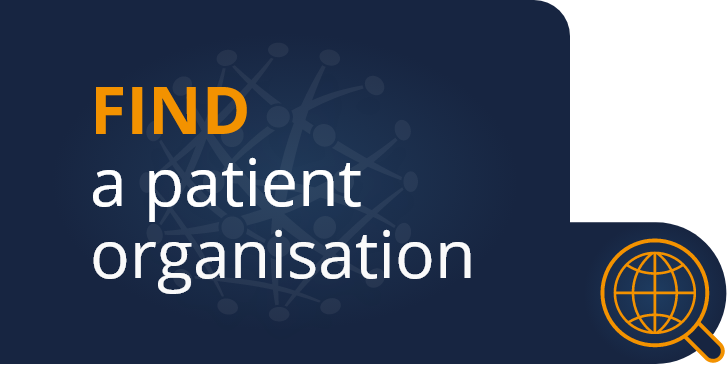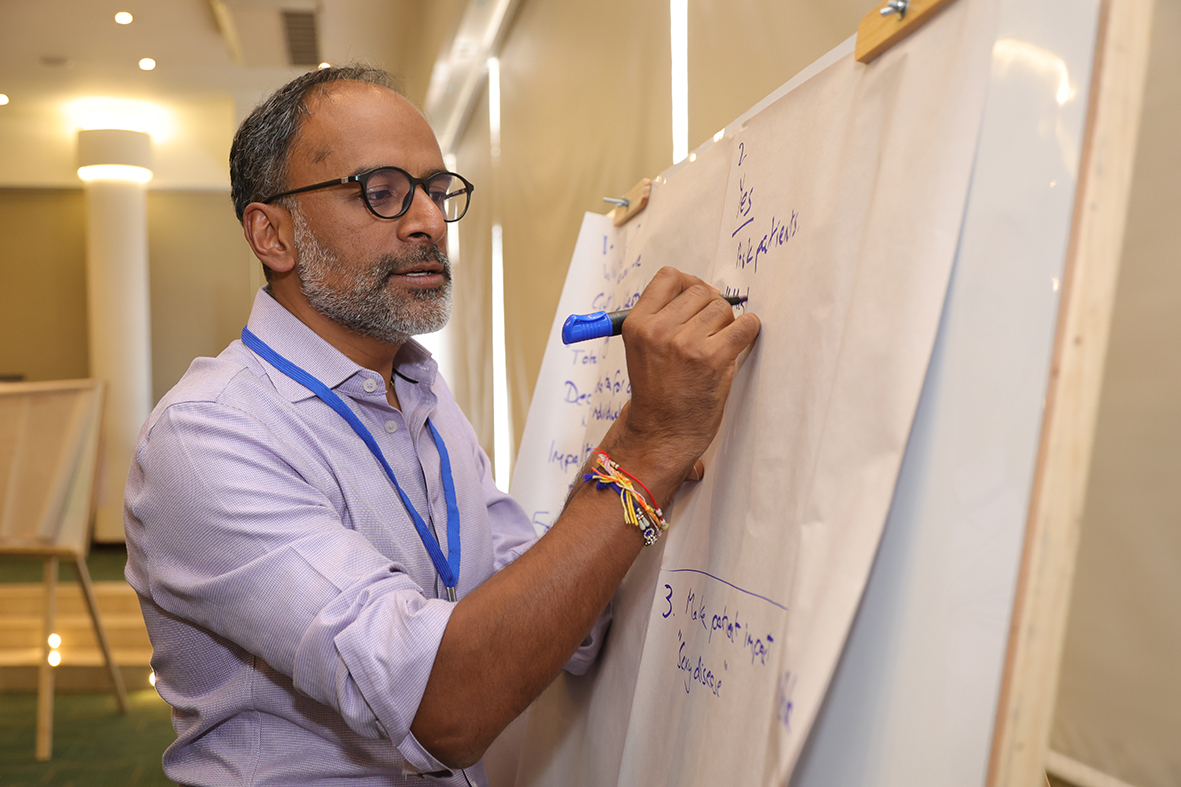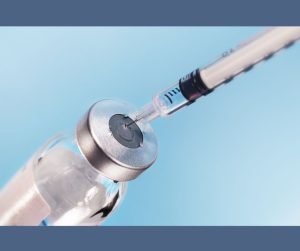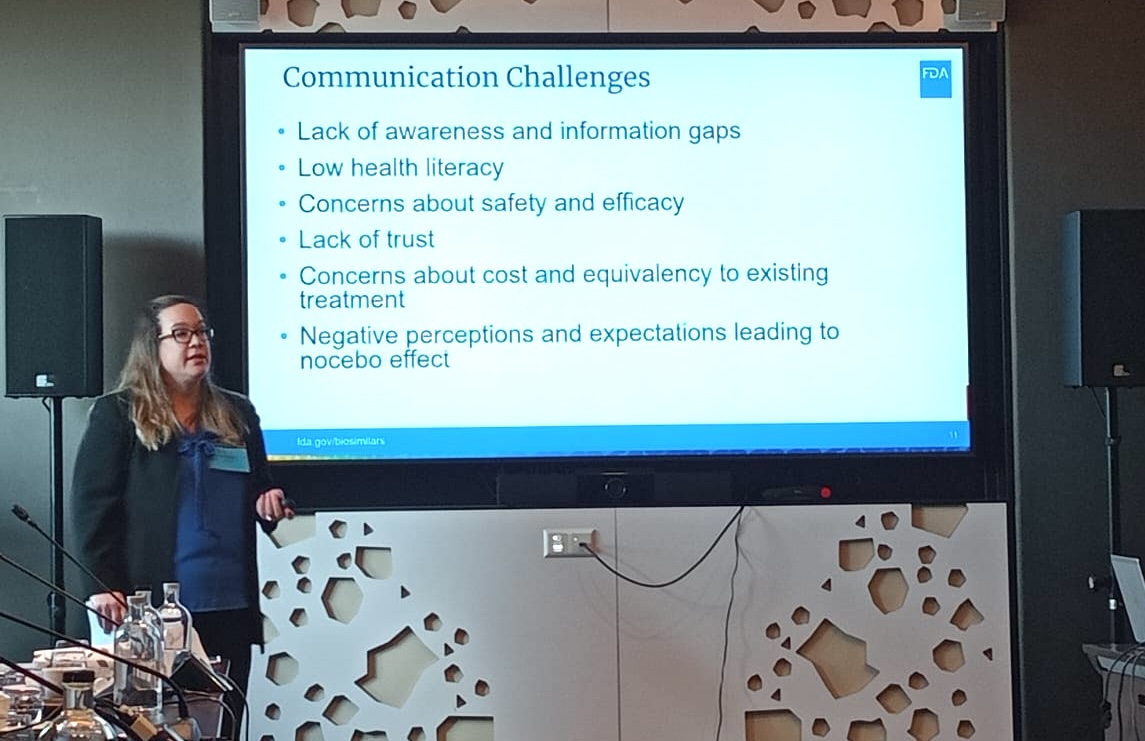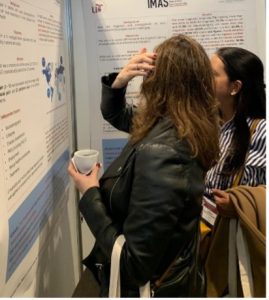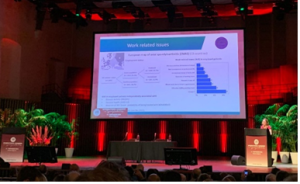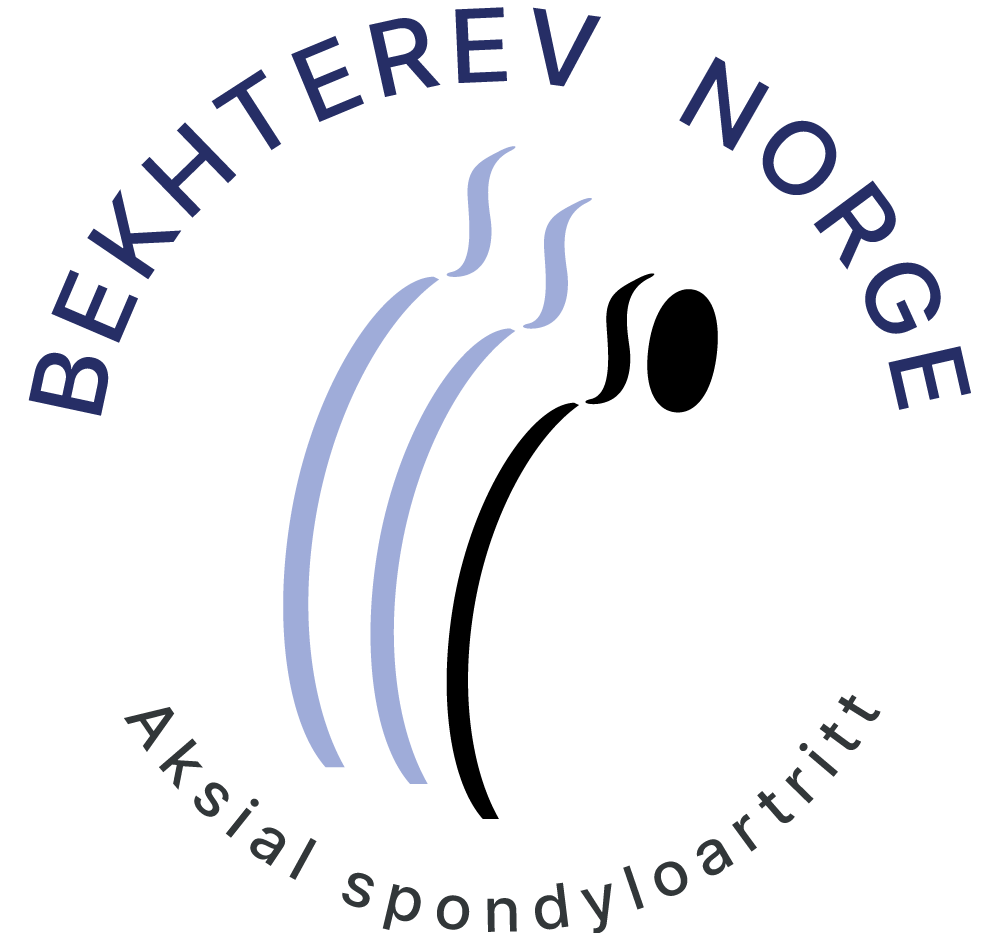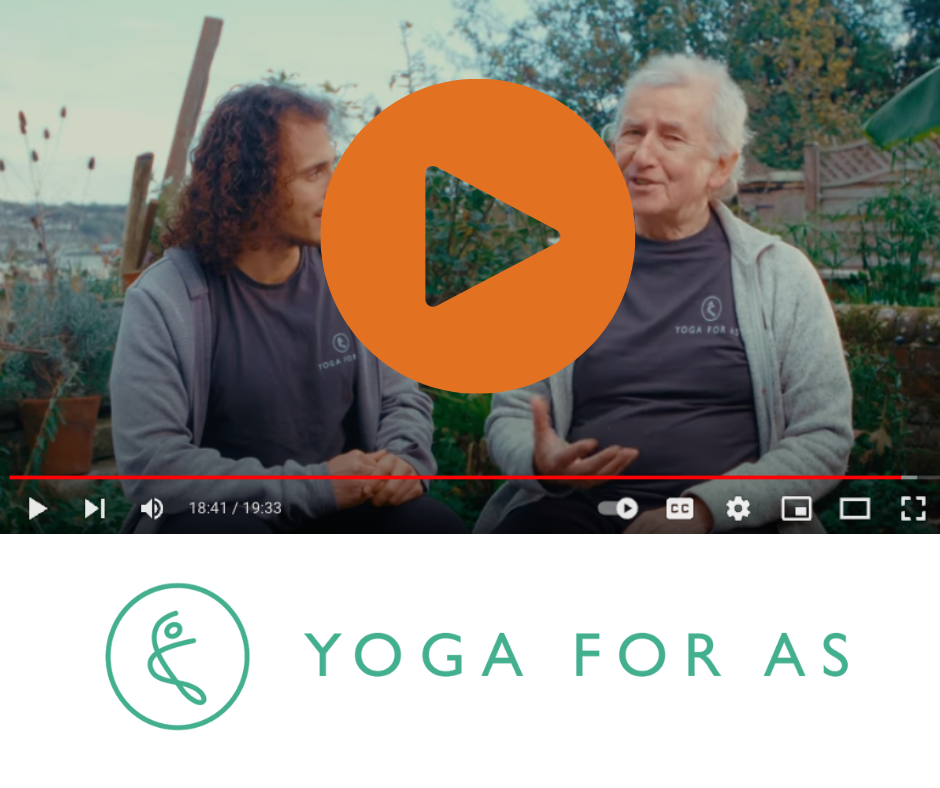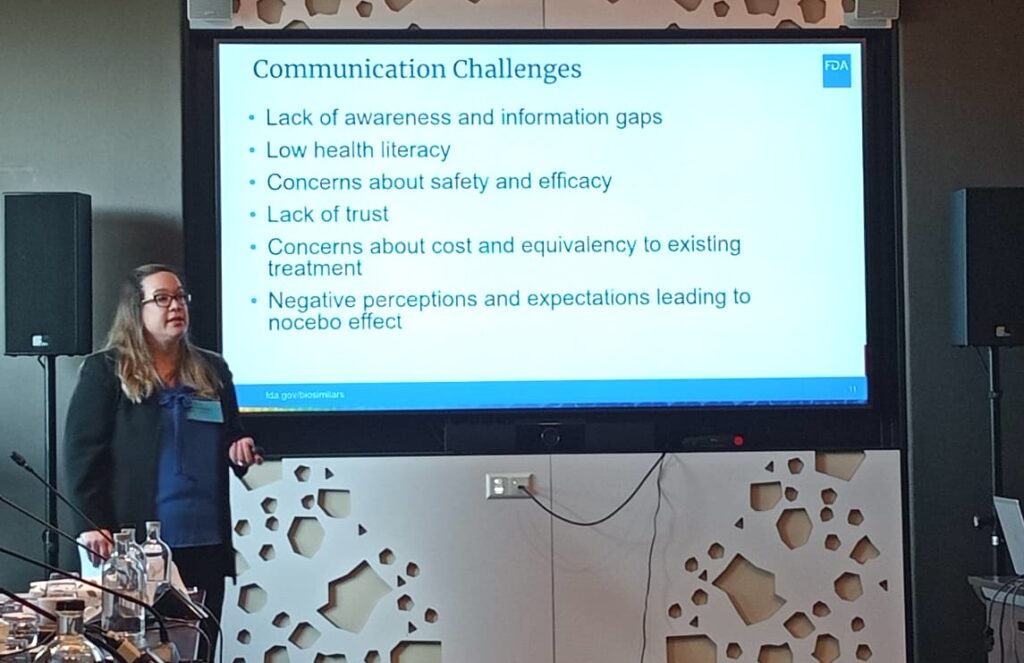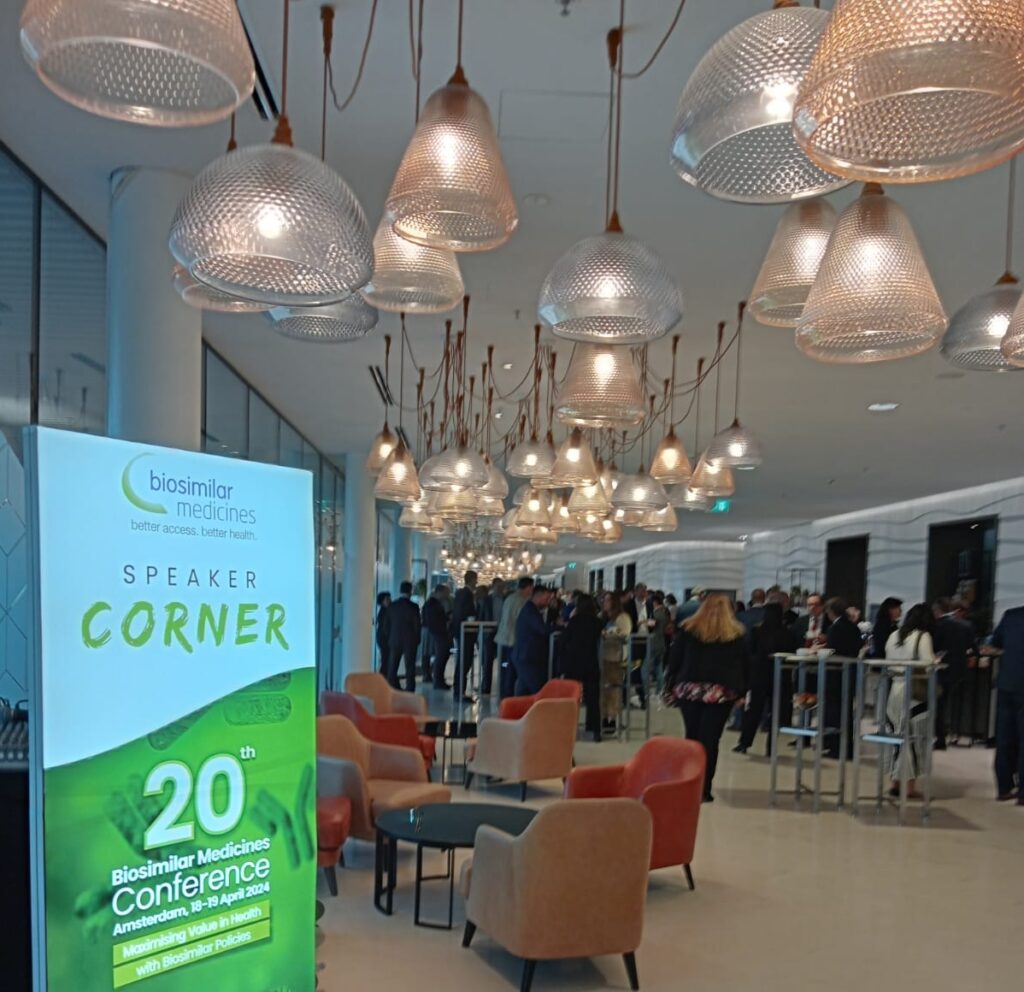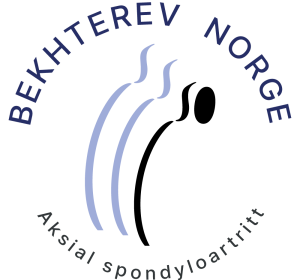
Bekhterev Norge was initially funded as a diagnosis specific part of the Norwegian Rheumatology Association (NRF) in 1986. The aim was to increase the focus and awareness on axSpA within the full set of rheumatic diseases. Bekhterev Norge was established as a separate organisation in 2018. Bekhterev Norge is fully independent from the government in Norway, however, as a recognised patient association we receive public funding to be able to act as the voice of patients with our diagnosis.
Living with axSpA
Suffering from a chronic disease such as axSpA is challenging. Since 1986, we have recognised several areas where we can support our community and have focused on two issues:
1. Local activities for our members
Living with a chronic disease increases the risk of worse physical and mental health. It often also results in reduced physical activity. Many people in our patient group are on disability benefits, meaning they have a lower than average income, and they may miss the social connection that a workplace can provide.
Bekhterev Norge addresses these issues by providing customised social and physical activities for people living with axSpA. Bekhterev Norge has six local associations paying attention to local activities. These are in Tromsø, Trondheim, Kristiansund, Bergen, southern part of the Rogaland County and Oslo. Pool training in a warm water pool is the main local activity. In total we offer 18 local training groups!
Bekhterev Norge understands the importance of community and the power of coming together to support one another. Our local associations are committed to creating a welcoming space where members can share their triumphs, setbacks, and experiences, knowing that they are not alone in their journey. Together, Bekhterev Norge and our dedicated volunteers work tirelessly to support, educate, and empower individuals affected by axSpA, driving positive change and fostering a sense of community among those living with this condition.
2. The need for treatment trips abroad
Norway’s varying climate can be tough for those with axSpA. Since the mid 1980, patients have been offered a four-week treatment trip in the southern part of Europe as a supplementary treatment. The combination of active and passive physical treatments, resting, warm and stable climate and self-care, has proven to have a positive impact. Worryingly, the provision of this supplementary treatment is under pressure. Reasons include pressure on the government budget, the Euro exchange rate, general increase in costs and finally, there is a belief that medicine usage is the only effective therapy for people living with axSpA. Several reports have documented the positive effects of treatment trips abroad, both for individual patients and from a wider societal point of view. Bekhterev Norge advocates to healthcare professionals, bureaucrats and politicians to ensure that the supplementary treatment will not only continue but will improve.
Bekhterev Norge advocates for people living with axSpA to have the access to local activities and treatments.You can read more about Bekhterev Norge’s work at bekhterev.no.
